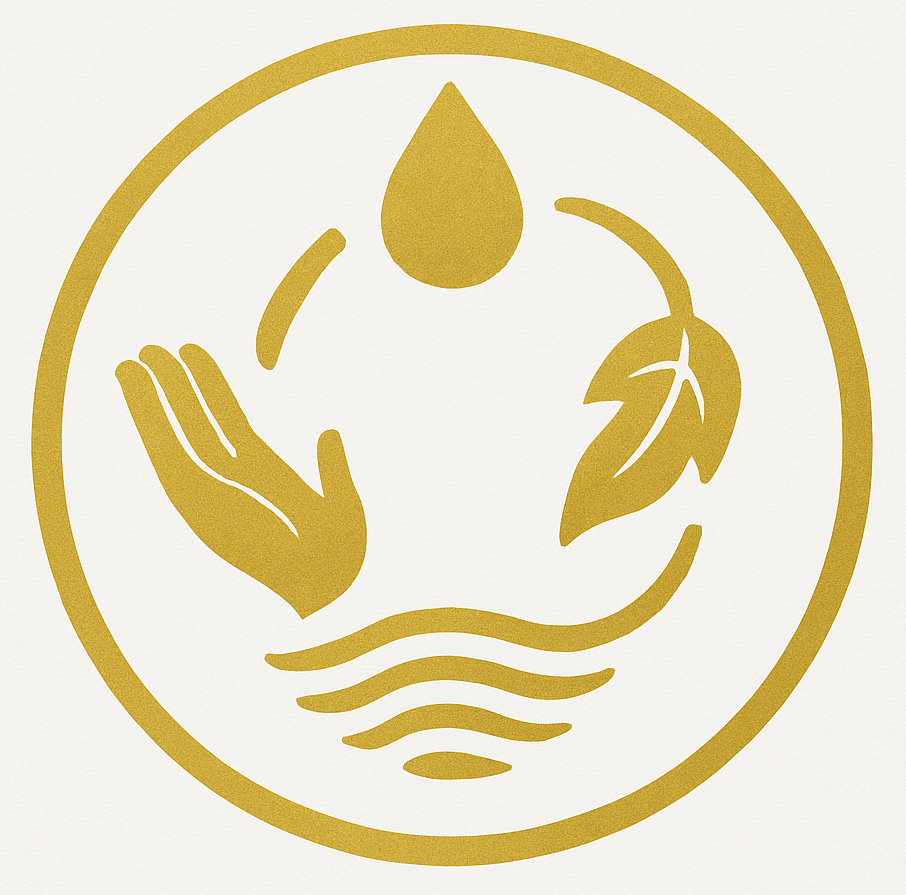In my previous article, I discussed a book that has the potential to change the life of many seekers and ultimately the whole world. It was written in German by spiritual coach Christian Meyer, and it lays out a clear and very practical path to achieving enlightenment. I have never seen anything like it before.
I presented a short bio of Christian Meyer in the first article of this four-part mini series, povided a definition of enlightenment, discussed why we would want to become enlightened at all, how we can prepare for it and how the author describes his life after it had happened to him.
In this article, I will explain his method to practically prepare ourselves for receiving the gift of enlightenment.
The basis for a spiritually successful life
According to Christian Meyer, enlightenment is a gift that cannot be forced. At the same time, it is the only meaning in life that makes sense and it will only happen, if we have prepared ourselves for it.
We need to stop unhelpful thoughts, understand our feelings, let our breath run freely and let go of our egos. Importantly, Christian describes three fundamental principals that are not new and have been described by mystics like Meister Eckhart or Johannes Tauler a long time ago.
The three fundamental principals
These three principles form the basis of our inner experience and when truly lived, create the foundation based on which enlightenment becomes possible.
1. Feeling without doing anything
There is a fundamental difference between dissociating ourselves from our constant stream of thoughts and feelings on one hand and completely feeling them without doing anything on the other hand. Christian argues that only the second approach can lead to success.
We need to become still, turn inwards and truly feel what is going on. And we need to give room to what we find, even if it is scary and unpleasant. When we feel it totally without doing anything, we transform the energy and ourselves.
This is harder than one might think, because certain feelings seem to be too powerful and threatening to let them happen—so strong that we fear to die if we don’t suppress them.
So our normal reaction would be to push them away into our “shadow”, with the result, that our whole body becomes stiff, we do not breathe freely and ultimately get sick. Or we substitute those feelings in order to get rid of some of the negative energy through sexual activity or other actions. The only true solution in order to become free is to feel them, endure them, acknowledge them and let them go.
Christian argues that this approach goes deeper than most meditation methods, by which we try to dissociate ourselves from negative thoughts and feelings in order to become mere observers. The danger of this approach however is that instead of becoming whole, we give more energy to our “shadow”.
Instead, he explaines that we need to feel, go through the pain and do not interfere until these feelings become weaker and ultimately disappear after a few minutes. We have now transformed ourselves and stillness takes over.
If we find a way to treat our darkest and scariest feelings this way, we create an important prerequisite for enlightenment to happen.
2. Understanding the difference between doing and letting happen
Humans only know two modes of operation: doing and letting happen. While the mode of doing is important in our daily lives—when we build, create, plan etc.—it is definitely the wrong mode to receive enlightenment.
We can even meditate in the mode of doing, to achieve a goal like becoming still for instance. When we fall into this trap, meditation becomes useless and can even stand in the way of letting happen.
The mode of letting happen neither has a plan nor a goal—it means letting go completely. Once we achieve this state, we experience timelessness and full presence.
3. Sinking and experiencing depth
By letting go and letting things happen we arrive in the here and now. According to Christian, true presence always involves feeling—however feeling that is not trapped in the past or in the future. If we stay in the present and do not react to the impulses that might come up, the feelings will slowly disappear and emptiness will take their place.
As discussed in the first piece of the series, Christian describes his personal moment of enlightenment as a sinking that set in once his mind had become completely calm. Once the emptiness was absolute, he sank deeper and deeper. It accelerated and turned into falling as if a force of gravity pulled him further down. Then the fall ended and became a floating in absolute stillness, peace and bliss.
Summary
As a consequence of his own experience, Christian comes to the conclusion that we need all three steps in order to receive enlightenment: 1) feeling without doing anything, 2) letting go and letting things happen and 3) lettiung the divine force drag us downwards.
I am truly grateful for this revelation which I haven’t heard from any of my teachers before, and I will certainly continue practicing it.
In the next part of the series, I will present the “four inner movements” that are required in order to prepare ourselves for full awakening.
Want to engage?
Please subscribe and join my community, if you would like to engage in deeper discussions about this or any topic related to healing and awakening. My paid subscribers have access to personal coaching via Chat, and Gold Members get one hour of personal coaching via Teams/Zoom per year on top.
I also offer personalized coaching sessions on spiritual topics and powerful techniques that have helped me and many others before—let them be a resource for you as well on your path of healing and awakening. Just reach out!
The Path of Healing and Awakening is a reader-supported publication. To receive new posts and support my work, consider becoming a free or paid subscriber.









